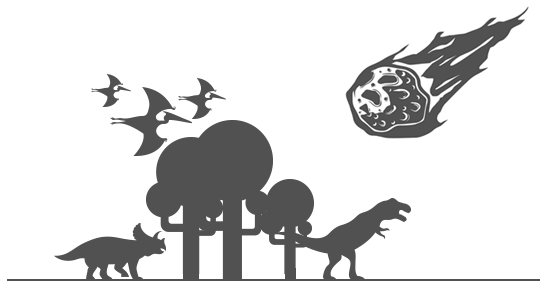Embracing Imposter Syndrome Creates A Better User Experience
November 2021 - Matt Edwards
It’s only by asking why? and constantly questioning what and why we do what we do that we can truly drill down to achieving the best possible results for both ourselves and our users.
At some point in our careers, we have all experienced imposter syndrome (doubting our abilities and feeling like a fraud). You feel out of your depth, with the least amount of knowledge, understanding or experience. You don’t want to be that person in the room (or zoom) who is asking what numerous acronym’s stands for, or why things have been done in a certain way? From my experience, that person is the most valuable in the room. I can also guarantee there are others in the room grateful they asked the questions they did.
The annoying 5 year old kid
We were all one at some point. There seems to be an age range of around 5 and 6 years of age, that all kids constantly question everything and all conversations seem to end with the word why?
Why are there no more dinosaurs? Because they all died. Why did they all die? Because a meteor hit the earth? What’s a meteor? A large rock from outer space. Where in space? I don’t know. Why don’t you know?...

Be the ‘Why?’ person in the room
I guess I’ve always been that 5 year old. When I entered online distance learning in HE (Higher Education), it was a world of endless acronyms, new platforms, and obscure naming conventions. I was constantly asking why, what, where, and for who. I was an outsider looking in. I was in every sense an imposter. This however was also a huge positive as I came with no preconceived notions or institutionalised ways of working. This is where every imposter should embrace the moment.
Because of this, I was able to ask questions that had not necessarily ever been asked. As an imposter, I approached tasks and raised design concerns from a fresh set of eyes. Areas that institutionalised eyes had perhaps glazed over. I was able to approach and address design decisions from a different viewpoint, as opposed to an industry-standard one. As a UX designer, I saw and engaged within an industry and platform for the first time… I was now standing in the shoes and looking through the eyes of our end-users. I am also fortunate to be working in Eductional Enterprise, a small product development team that are also fellow ‘why?’ people (and not annoyed by my endless questions). A team that is constantly questioning and challenging. Questioning and challenging with a purpose to create the best possible learning product and experience for our users.
Three common answers to why?
So when we ask why, what are the most common responses we are likely to encounter? From my current and past experiences they tend to fall into these 3 categories:
- "It's always been done like that"
It tends to come down to an historical legacy. No one has ever previously asked the why questions.
- “That’s how it came out of the box”
Especially in regards to software or platforms. Possibly down to budgets and timescales it was never enhanced.
- “It was the personal preferences of…”
Simply someone on a higher pay grade wanted it like that.
Take away points
Ask questions and keep asking them as you progress. There should be reasoning behind everything we produce. These 3 questions are always a good starting point... Who’s it for? What’s the purpose? and what does success look like? I believe you should embrace imposter syndrome, and use it as a positive going forward. Be the ‘why’ person in the room, and encourage others.